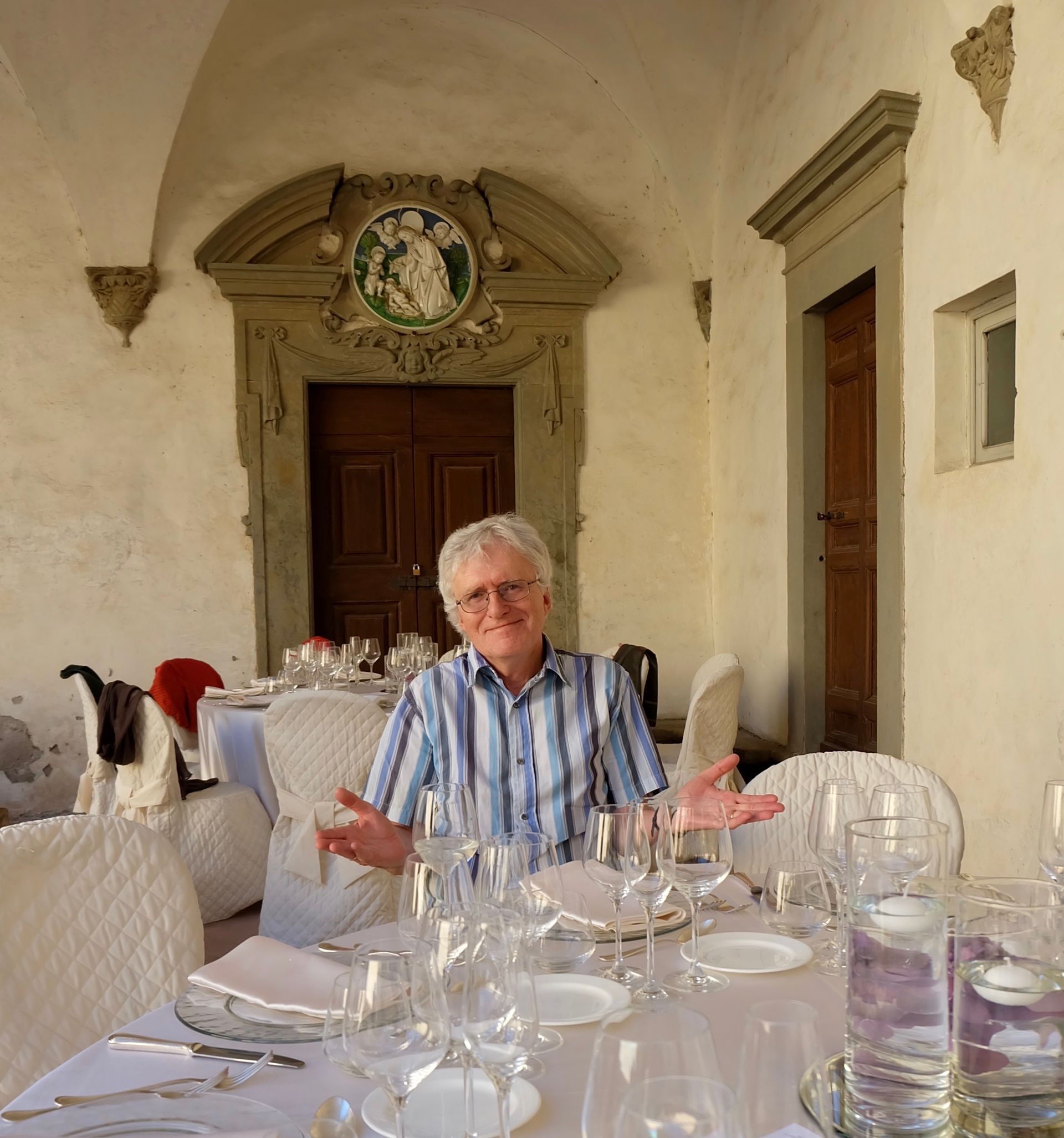Annie Chartres Vivanti: Transnational Politics, Identity, and Culture
Sharon Wood University of Leicester
 Annie Chartres Vivanti (1866–1942), born in England to an Italian political refugee and his German wife, spending formative years also in Switzerland and the United States before finally settling in Italy with her Sinn Fein activist-husband, enjoyed an extraordinarily prolific and successful career as an author, playwright, journalist and singer. She spoke and wrote in different languages, negotiated multiple religious and political contexts and signalled her existential and cultural nomadism by using a variety of noms de plume
: Annie Vivanti, Annie Vivanti Chartres, Anita Vivanti Chartres, Anita Chartres. Now largely forgotten, her work is in fact not only of considerable interest for the history of Italian literature and the performing arts but also deserves a significant place in contemporary debates on translation and bilingual issues involving authors working in Italy.
Annie Chartres Vivanti (1866–1942), born in England to an Italian political refugee and his German wife, spending formative years also in Switzerland and the United States before finally settling in Italy with her Sinn Fein activist-husband, enjoyed an extraordinarily prolific and successful career as an author, playwright, journalist and singer. She spoke and wrote in different languages, negotiated multiple religious and political contexts and signalled her existential and cultural nomadism by using a variety of noms de plume
: Annie Vivanti, Annie Vivanti Chartres, Anita Vivanti Chartres, Anita Chartres. Now largely forgotten, her work is in fact not only of considerable interest for the history of Italian literature and the performing arts but also deserves a significant place in contemporary debates on translation and bilingual issues involving authors working in Italy.
Erica Moretti (Mount Holyoke College) and I are therefore preparing a volume to show how Annie Chartres Vivanti brought a transnational dimension to the marked provincialism of the Italian novel by addressing issues of gender, ethnicity, and sexuality on both personal and international levels, creating work that distanced itself from much of the female-penned literature of the day, scorning both decorum and social respectability. We examine Vivanti’s output through multiple perspectives, taking into account her politics and her various artistic careers, as well as her literary works themselves. We also consider the reception in Italy and France of Vivanti and her work, including the adaptation of Guai ai Vinti! by Raffaello Matarazzo (1954); issues of translation and self-translation in the work of a woman who spoke and wrote in different languages; and her negotiation of a range of religious and political contexts, from Italian Fascism to Irish independence.
At the heart of literary liberal Italy, Vivanti’s works enjoyed enormous popularity and attracted substantial reviews by Benedetto Croce, G.A.Borgese and Paul Heyse. After her death, the secondary status assigned to supposedly less significant literary genres, such as feuilleton, led to an eclipse in her critical fortunes, and she has remained at the oblique margins of contemporary literary criticism: attention is now largely limited to her relationship with her mentor, Nobel Prize winner Giosuè Carducci. By contrast, we want to bring the marginal center-stage, building on the multicultural and multilingual background that made the eclectic Vivanti’s literary and journalistic output unique in turn-of-the-century Italy in order to re-insert her work into the aesthetic and historical contexts of Italian literature and journalism. We use her extraordinary life and work to offer fresh perspectives on the history of Italian journalism, literature, and performing arts; and we make the case for giving Vivanti an important voice in contemporary discussions to re-think and de-provincialize the Italian literary canon.








